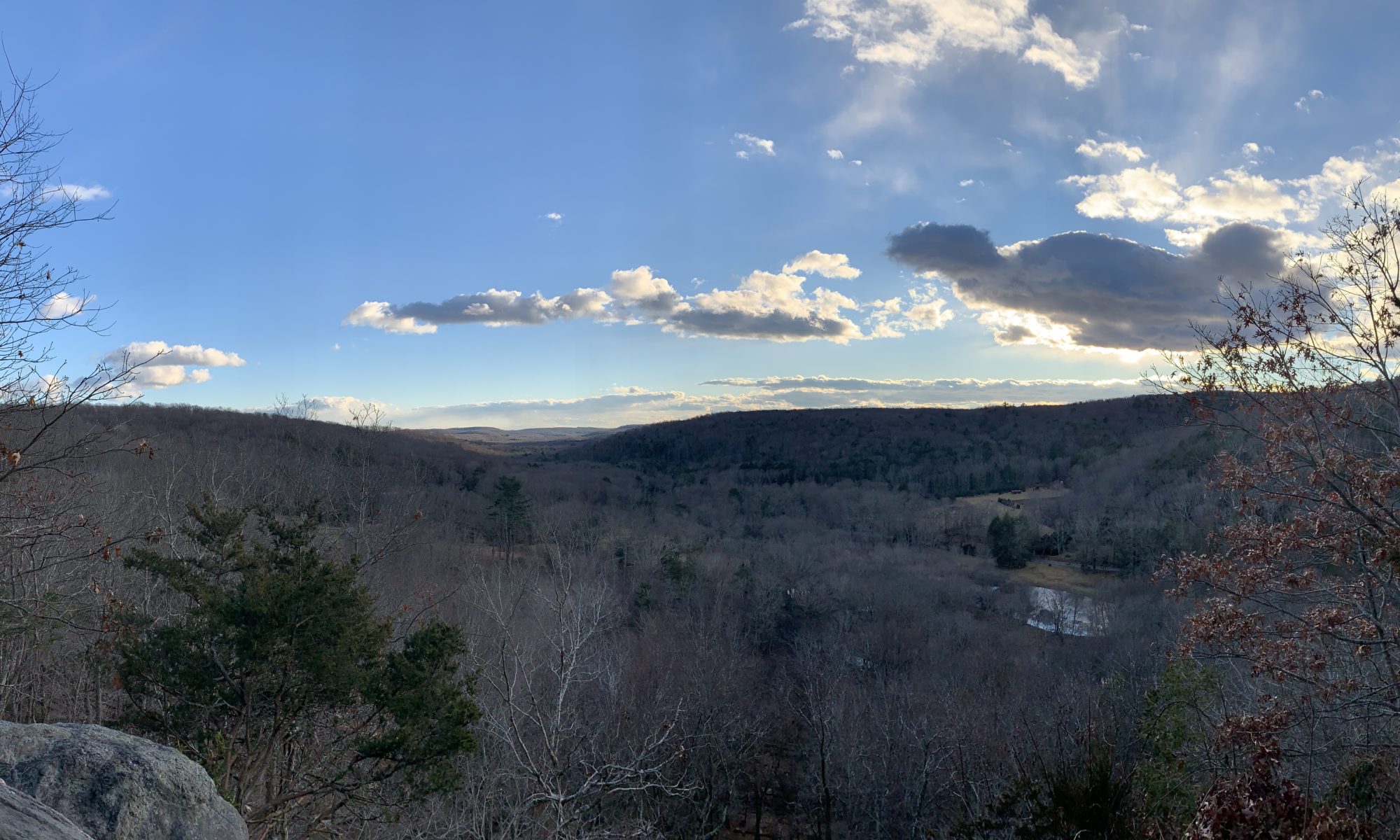One of the things I love most about reading is there’s always a chance I will have an epiphany or maybe even a more run-of-the-mill moment of clarity. It’s part of the adventure of reading a book, magazine, blog,cereal box or one of those uber-cool ancient scrolls from ages long past. Not that I stumble across many scrolls… or any. Point still stands.
One of my current reads is the book "Zen Golf" by Dr. Joseph Parent. Dr. Parent is a PGA instructor who is also a Ph.D.in psychology and a student of Buddhism to boot. That’s a pretty full resume for anyone you can name. The book, as its title so aptly suggests, is about using the fundamental teachings of Shambhala warriorship (a spiritual companion to Buddhism) to become a better golfer and also improve your own life in the process.
I’m digging this book. No, seriously…
One section in particular has piqued my interest – it’s entitled "unconditional confidence"… and yes, it is in all lower-case ’cause that’s how those who are one with the Zen roll. Or e.e. cummings. Either, or. Anyhoo, Dr. Parent writes:
Unconditional confidence arises from connecting with our basic goodness. We believe in ourselves as decent people and in our golfing skills for our level of play. This doesn’t mean we expect to hit every shot perfectly. It does mean we can handle whatever the result is. With unconditional confidence, our self-worth as a human being doesn’t depend on how well or poorly we strike a golf ball. We see our nature and our abilities as basically good and the difficulties we encounter as temporary experiences.
As soon as I read that, I couldn’t help but expand it well beyond the boundaries of the game of golf. How can you not expand it? It’s so apparent to hundreds of activities we undertake each day.
It’s all-too-often the case if we doing something wrong, mess something up, miss our exit on the highway, or hit a truly poor golf shoot, it becomes so much more than just a moment of error that should slide gently by without much thought. Instead, we often lapse into something like “Oh my God… I’m such a moron… how could I be so freaking STUPID?!?!?” We go beyond it being a simple event and it instead becomes a referendum on our worth as a person.
What’s so troubling about this is how easily it happens. Right there… blink of an eye… BOOM! Event happens and our instantaneous reaction (or at least mine, more often than I care to think about sometimes) is to judge ourselves on a far more serious and permanent basis than could possibly be merited.
This is, of course, utterly ridiculous and Dr. Parent nails it. If we molded ourselves more into the form of a person exercising unconditional confidence, we recognize that we are good at our core, momentary errors are just that and we always can move beyond them to a better state. Notice that unconditional confidence DOES NOT equal irrational confidence. The former is how you bounce back because you believe in yourself… the latter is an artificial construct where we are only looking to kid ourselves into belief. That’s sort of like the prizefighter who talks a gigantic amount prior to a huge fight to psyche himself into belief. I think that’s a fool’s errand, at best.
So perhaps we can all take a lesson from a book on golf to be a little bit more about life. We are good at our base core and the less we become clouded with temporary passing moments and believe in a larger sense of our intrinsic value as a person, the better we will be… and we might even end up as better golfers in the process. Or so I am hoping for me.


